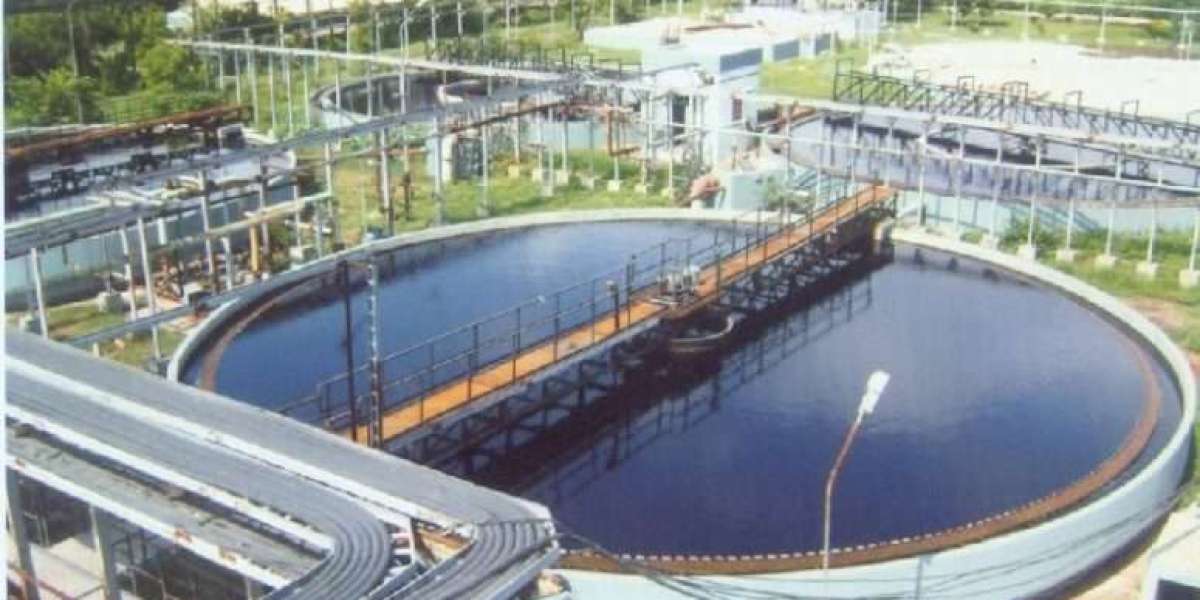As Pune rapidly transforms into a bustling urban hub, the city faces increasing pressure on its water resources and sanitation infrastructure. Amidst this urban expansion, one term that has gained prominence is STP plant, or Sewage Treatment Plant. But what exactly is an STP plant, and why is it considered vital for cities like Pune?
Let’s break it down.
What is an STP Plant?
An STP (Sewage Treatment Plant) is a facility designed to treat and purify domestic sewage and wastewater generated from residential, commercial, and institutional sources. The goal is to remove contaminants such as organic matter, harmful bacteria, and solids from the wastewater before releasing it into natural water bodies or reusing it for non-potable applications.
How Does an STP Plant Work?
Most STP plants follow a multi-stage process that includes:
Primary Treatment: Removal of large solids and sediments.
Secondary Treatment: Biological treatment using microorganisms to break down organic matter.
Tertiary Treatment: Advanced filtration and disinfection (e.g., chlorination or UV) to ensure treated water meets quality standards.
Sludge Handling: Proper disposal or reuse of solid waste separated during treatment.
Why STP Plants Are Essential for Urban Pune
Rapid Urban Growth = More Wastewater
Pune’s fast-growing population and real estate developments result in the generation of huge volumes of sewage every day. Without effective sewage management, untreated wastewater can contaminate rivers, lakes, and underground water sources.
Protecting the Mula-Mutha River
The Mula-Mutha River, which flows through Pune, has faced severe pollution over the years due to direct discharge of untreated sewage. Installing and operating STP plants can significantly reduce this environmental burden and restore aquatic life.
Meeting MPCB and CPCB Regulations
The Maharashtra Pollution Control Board (MPCB) and Central Pollution Control Board (CPCB) have made STP installations mandatory for many building and housing projects. Regular functioning STPs help property developers and housing societies stay compliant.
Reusing Treated Water
Treated sewage water can be reused for:
Landscaping and gardening
Toilet flushing
Cooling towers in industries
Construction activities
This reduces the dependency on fresh water, which is a growing concern in cities like Pune that experience periodic water shortages.
Sustainable Urban Living
STPs help cities transition to a more sustainable and eco-conscious future. They reduce groundwater depletion, minimize pollution, and promote responsible water recycling.
STP Adoption in Pune: A Growing Trend
Many residential societies, IT parks, hotels, and commercial complexes in Pune are now actively installing compact STP plants. The Pune Municipal Corporation (PMC) has also increased focus on central STP infrastructure across the city. As a result, Pune is slowly shifting toward a model where wastewater is no longer seen as waste—but a resource.
Conclusion
An STP plant in Pune is not just an infrastructure component—it's a necessity for health, sustainability, and legal compliance. As the city continues to grow, every building project, society, and industry must consider integrating sewage treatment as a core part of its infrastructure plan.


